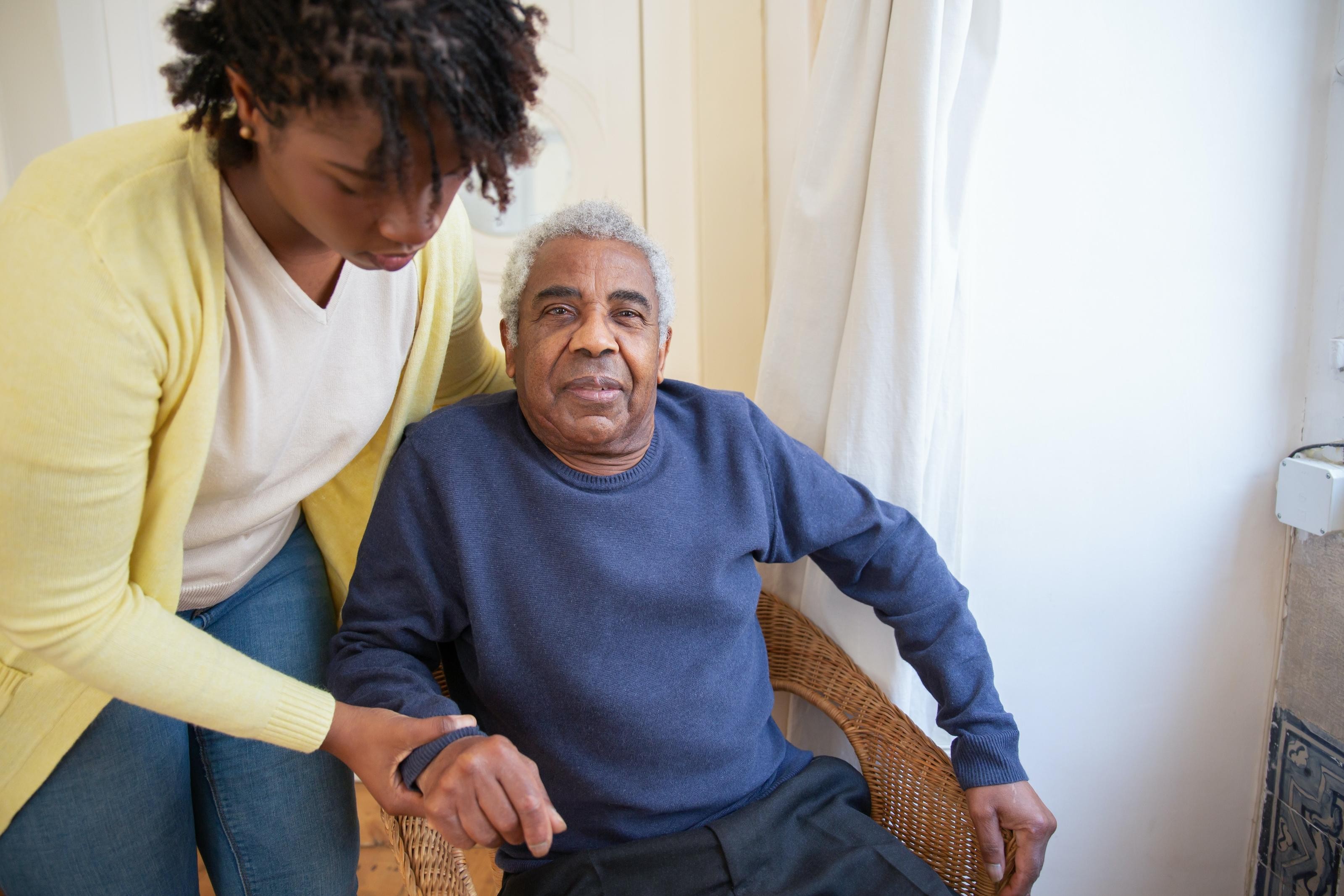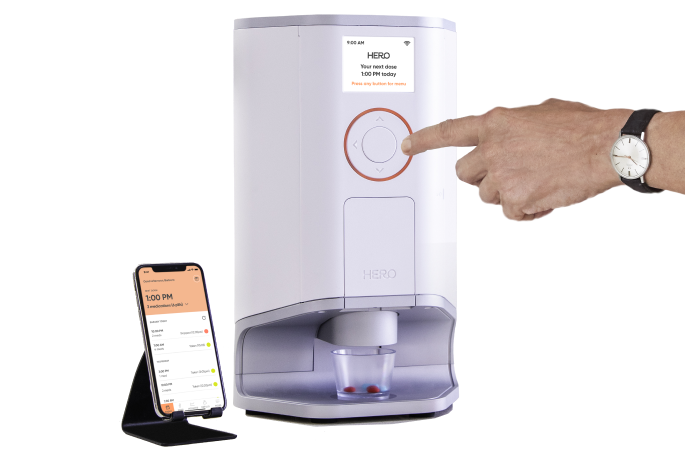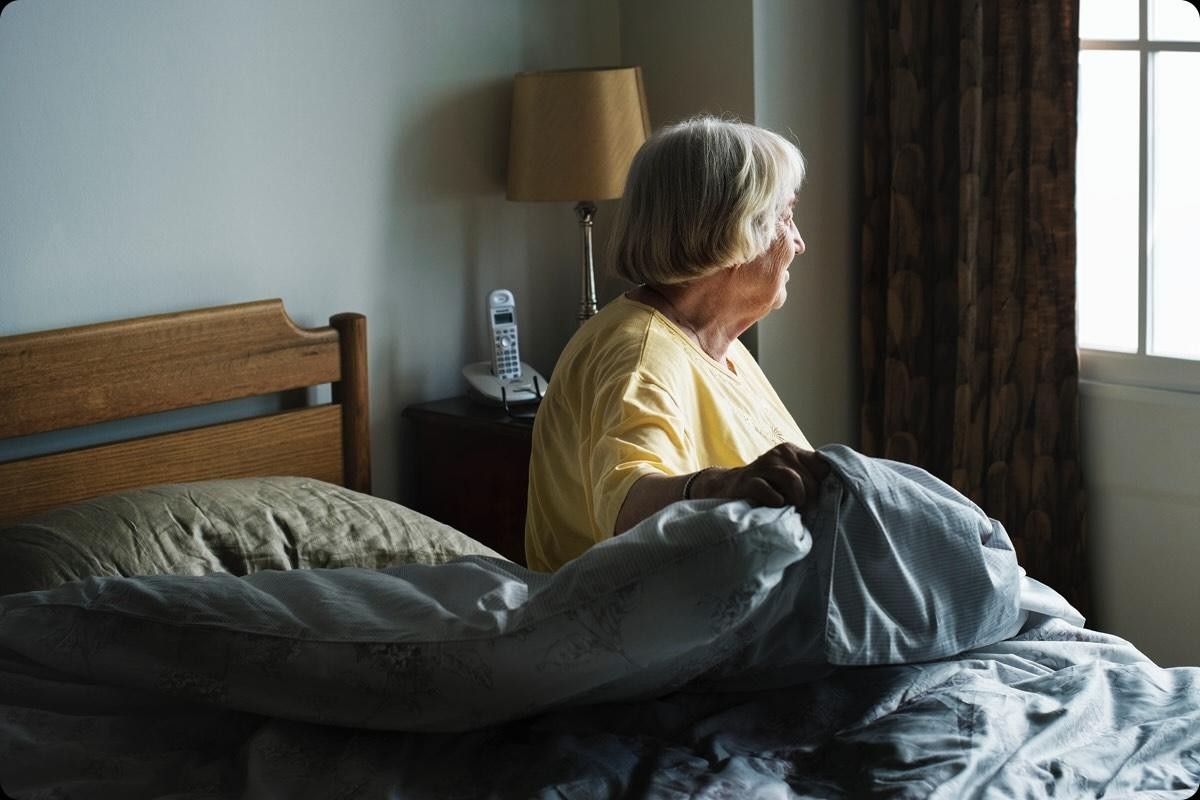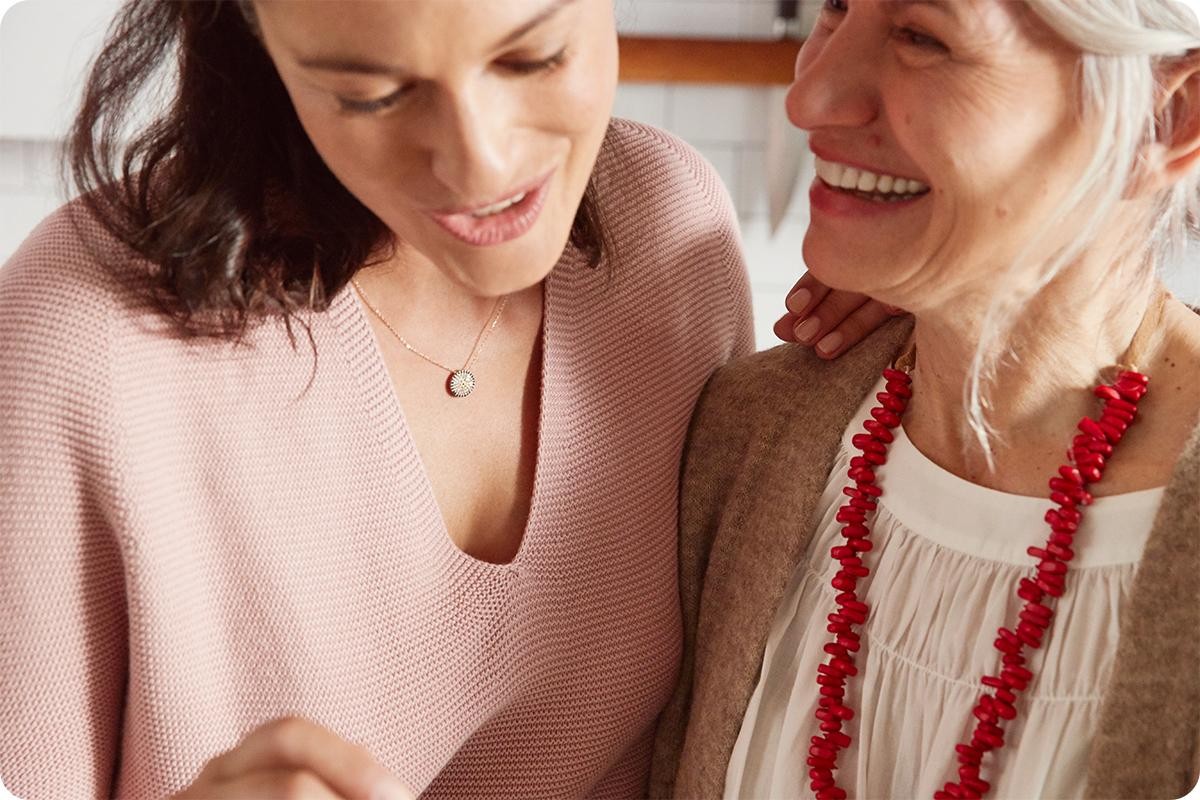Caregiving is not a competitive sport: the case for supporting caregivers’ unique decisions

Caregiving. What does it mean to you? While often rewarding and frequently exhausting, it’s one of many life events that can only be understood if you’ve been intimately involved. This truth is what drives most caregivers to seek support from their peers as well as professionals who can share valuable information. So, what could go wrong in such a well-meaning group?
Normally, all is well in caregiver support groups. People help and comfort one another, offer advice based on what’s worked for them in a similar situation, or just simply offer a much-appreciated hug — virtual or otherwise. This much-needed, well-meaning support can go off-track when the debate over family home care vs. facility care comes into play. The arguments for and against these choices can be intense, something that only increases the already huge load of unearned guilt that caregivers often carry.
Decisions, decisions
Caregiving decisions are nearly always a matter of trade-offs. Balancing the benefits and risks of each scenario and then finally deciding — often through our tears — that this (whatever “this” might be) is what must be done.
And, there’s the rub:
“If you love someone, you won't put them in a care facility"
People who post this type of advice mean well. Perhaps, they live in a locale where nursing homes are truly neglectful, whether due to lack of funding, lack of staffing, or both. Or they may have seen or heard about poor facility care in the past when a friend or family member resided in one — all legitimate concerns.
Then, of course, there are people who have unrealistic expectations of the kind of care that even a great facility can provide since the staff must care for many people at once. Only by hiring your own private nurse will you be able to obtain one-on-one care — something few of us can afford.
My caregiving story
For me, family care concerns began with my childless uncle and aunt, who moved to our community. Over time, my uncle had recurrent strokes, and my aunt died of cancer. My dad had surgery and came out of it with overnight dementia. My mom had joint replacements and falls, and eventually, dementia. My father-in-law experienced disabling strokes, and my mother-in-law developed Alzheimer’s. Oh, and while this was all happening, I was raising young children, one of whom had developed serious health problems that took years to diagnose.
These events spread over 15 years, but five of my elders needed me to care for them at once. I learned a lot during this time, and one of the most important things I learned was that I could not “fix” what was happening to my loved ones. I could only try to help them live the best lives possible.
I chose facility care for my older family members as each became too challenging for me to care for them safely in their own homes (there were so many days I was delivering care to three or four locations).
Yet, I had acquaintances second-guess me. How could I “give up on people I love” by putting them in a care facility? How could I “risk it” when keeping them home is a much safer choice? It’s okay for me, they supposed, but they “could never do such a thing.” This was not everyone, of course, but when it happened, it stung.
But then, there’s the reverse…
“No one can possibly provide adequate, 24/7 care in the home"
The other side is the caregivers who decide to care for a loved one at home for that person’s entire lifespan.
For many, this is ideal. In fact, while I was a pre-teen and teen, my grandmother, who was crippled by rheumatoid arthritis, lived with us. Our family consisted of my parents, Grandma, two teens, and my toddler sister (yes, I became a caregiver at an early age). While not a perfect arrangement, for the most part, it worked very well.
Recently, I had an online friend who’d cared for her beloved mother with Alzheimer’s until her mother’s death. My friend was always short on sleep as she juggled her own children and tried to schedule her wonderful caregiving podcasts around her mother’s needs, but she made it work over the span of many years. As much as her own health is recovering now that she can get regular sleep, she misses her mom dreadfully. There was never a doubt in my mind that her mother received the best of care.
The bottom line: No care situation is perfect
Like care facilities, some family care at home is stellar, much is mediocre, and yes, some can be neglectful and even abusive. Therefore, the only time we should involve ourselves negatively in another's care choice is if there is evidence of obvious neglect or abuse — be aware that this can happen in the home as easily as in a care facility.
Most caregivers are passionate and don’t intend to criticize
Most caregivers don’t knowingly compete with one another (how critiques come across), and I believe most intend to be helpful. However, we should always withhold unsolicited advice because we rarely know the full reality of others’ lives.
As I said, caregiving is not a competitive sport. There are no winners or losers. Join me in dropping all judgment of how others care for their loved ones, and concentrate instead on supporting one another through these life-changing moments and events. Caregiving is a journey… and one that surely takes a supportive “village.”
About the author
Carol Bradley Bursack spent more than two decades as the primary caregiver for a combination of seven elders and is the author of “Minding Our Elders: Caregivers Share Their Personal Stories.” She is also a long-time newspaper columnist, blogger, and writer for online websites on the topics of eldercare and caregiver support. She’s been hosting her blog at www.mindingoureldersblogs.com and her website at www.mindingourelders.com since 2006 and has contributed to a number of books on dementia caregiving.
Complex med schedule? We solved it.
Hero’s smart dispenser reminds you to take your meds and dispenses the right dose, at the right time.

The contents of the above article are for informational and educational purposes only. The article is not intended to be a substitute for professional medical advice, diagnosis, or treatment. Always seek the advice of your physician or other qualified clinician with any questions you may have regarding a medical condition or its treatment and do not disregard professional medical advice or delay seeking it because of information published by us. Hero is indicated for medication dispensing for general use and not for patients with any specific disease or condition. Any reference to specific conditions are for informational purposes only and are not indications for use of the device.



